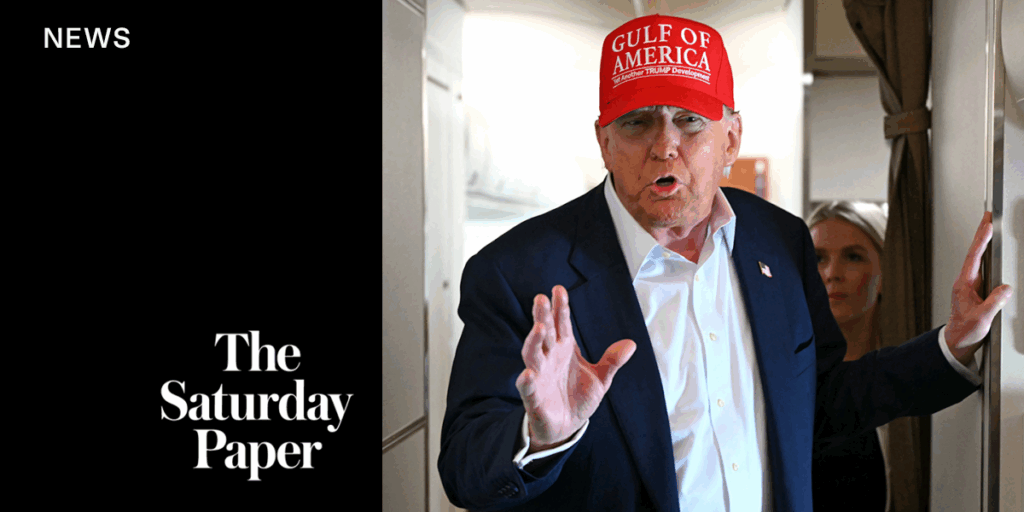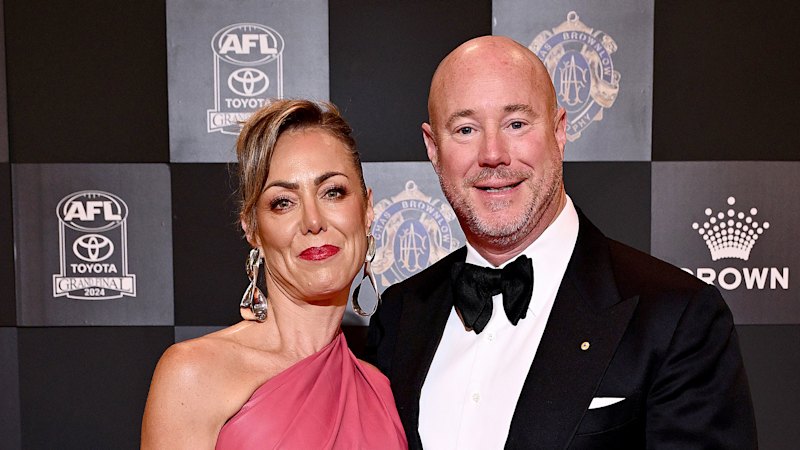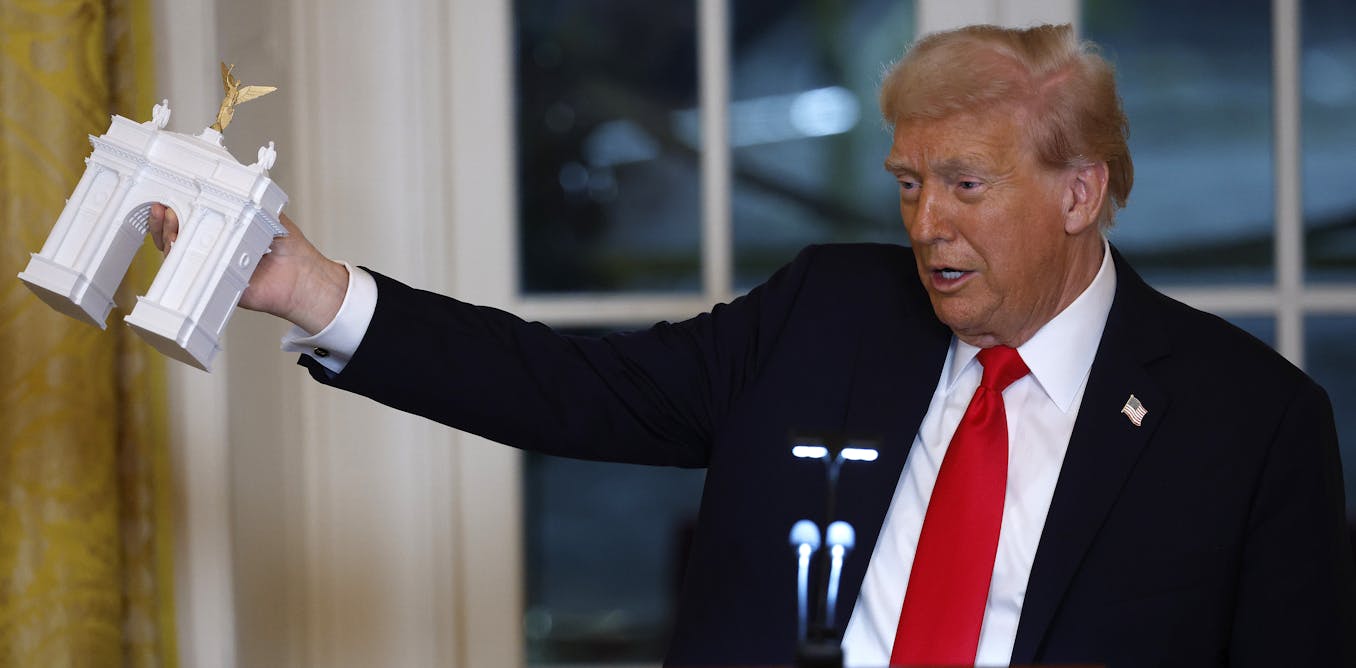
The recent G7 summit in Canada was marked by an unusual dynamic, with the group humorously referred to as the “group of six plus one.” This phrase captured the sentiment of many leaders who found themselves navigating the unpredictable presence of U.S. President Donald Trump. A senior Australian government source likened Trump to a “pissed uncle at Christmas,” unpredictable and erratic, leaving other nations unsure of his next move.
Trump’s abrupt departure from the summit posed a significant challenge for Australia, particularly for Prime Minister Anthony Albanese. The Australian leader had anticipated his first in-person meeting with Trump since the latter’s re-election, aiming to discuss crucial topics such as tariff waivers on Australian goods and the AUKUS nuclear-powered submarines deal. However, the meeting was canceled, leaving Albanese to continue his efforts through other diplomatic channels.
Challenges in Navigating U.S.-Australia Relations
Six months into Trump’s second term, the administration has already disrupted global trade and security dynamics. The media and opposition have been vocal about Albanese’s difficulties in securing a meeting with Trump, having only managed three phone calls so far. Despite these challenges, Australian officials remain pragmatic about the situation.
“It is what it is. Donald Trump is unpredictable. You can come to agreements. He’ll change them a day later,” a senior government source commented, emphasizing that Trump’s tariffs have had a limited impact on Australia, given that the U.S. is not its primary trading partner.
“Out there punters just think, ‘Yep, he’s a weirdo.’ Some [are] thinking he’s crazy. No one particularly likes him and, like, it is what it is.”
Global Trade Deals Under Pressure
Trade Minister Don Farrell highlighted the urgency for the U.S. to finalize trade agreements with its partners before Trump’s tariffs take full effect. The self-imposed deadline of “90 deals in 90 days” is fast approaching on July 9, with only the United Kingdom and Vietnam having reached agreements. Trump has stated he does not plan to extend this deadline.
The Australian government is left with few options but to adapt to the new diplomatic landscape. Efforts to secure an exemption from the 10 percent tariff on all Australian exports and a 50 percent tariff on steel and aluminum have yet to yield results. The traditional diplomatic channels are evolving, with Trump’s inner circle of friends, donors, and influential figures playing a more significant role.
Adapting to New Diplomatic Norms
Former Australian ambassador to the U.S., Arthur Sinodinos, emphasized the need for Australia to adapt to the changing diplomatic norms under Trump’s leadership. “Some of the norms of statecraft in terms of how things get done, how we establish meetings and such, has to be done in newer, more creative ways to gain the president’s attention,” he noted.
The administration has seen significant turnover in key positions, such as the National Security Council, complicating efforts to maintain consistent communication. Trump’s rapid pace since his inauguration has left little room for traditional diplomatic engagements.
Implications for Future Relations
Albanese and his team continue to work towards a rescheduled meeting with Trump, with hopes pinned on bilateral discussions between U.S. Secretary of State Marco Rubio and Australian Foreign Affairs Minister Penny Wong. Wong expressed gratitude for Rubio’s acknowledgment of the missed meeting, reaffirming the commitment to reschedule.
“Trump hasn’t snubbed Australia or snubbed the prime minister. As if Trump’s getting up in the morning and going, ‘Okay, now, what will we do with Australia today?’ It’s just absurd. Everyone’s just adjusting to the new world.”
Despite the challenges, experts like Justin Wolfers, a professor of economics and public policy, argue that the transactional nature of Trump’s trade deals lacks long-term stability. “It’s all done through executive order, everything Trump’s doing, which means that not only could Trump undo it tomorrow, but if a Democrat wins the White House, they will definitely undo it the next day,” Wolfers explained.
Australia’s strategic advantages, such as its regional presence and military collaborations, remain valuable assets in negotiations. However, as Wolfers points out, the real leverage lies in the willingness to reconsider these commitments if necessary.
As the international summit season approaches, the pressure mounts on Albanese to establish a personal rapport with Trump and advocate for Australia’s interests, including the $368 billion AUKUS deal currently under review by the Pentagon. The evolving diplomatic landscape requires creative strategies and a keen understanding of the new norms shaping U.S.-Australia relations.







